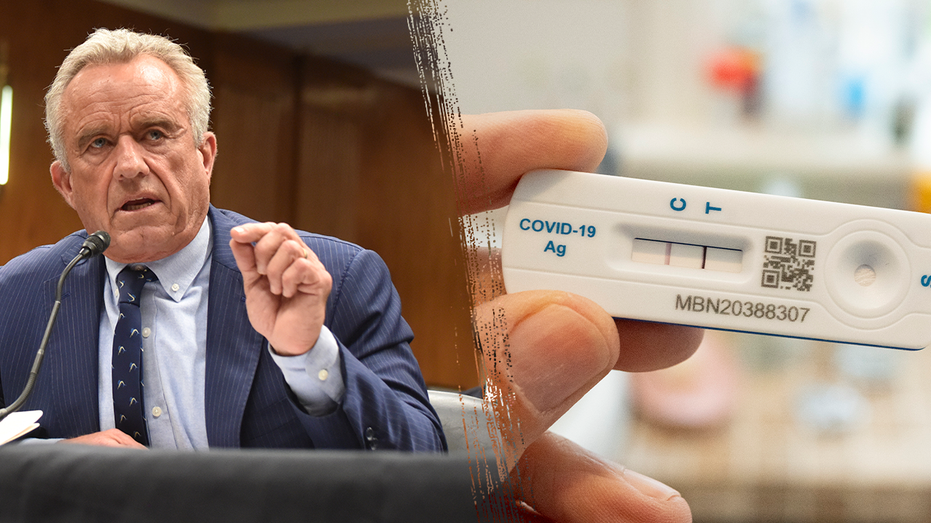HHS Ends Biden-Era COVID-19 Testing Program After Years of Taxpayer Funding
HHS ends nationwide free COVID-19 testing program, citing taxpayer funding concerns post-pandemic

The Department of Health and Human Services announced Tuesday it is ending its nationwide program that provided free COVID-19 tests to community organizations, citing the end of the pandemic and concerns over continued use of taxpayer funds. The federal initiative, established in 2021, had distributed over $1 billion worth of government-purchased COVID-19 tests through local and national partnerships to ensure free access for Americans across the country.
According to HHS, the decision comes as COVID-19 now "behaves more like the seasonal flu," with infection rates rising and falling throughout the year. The agency emphasized that with COVID-19 testing kits now widely available at retail locations nationwide, "continued federal distribution is a significant waste of taxpayers’ dollars." Officials explained that the pandemic’s emergency phase has passed, and it is time to redirect funding toward projects aimed at tackling chronic diseases — a new priority for the administration under President Donald Trump’s Make America Healthy Again (MAHA) initiative.
Individuals who submitted orders for free COVID tests through community partners by 5 p.m. on May 30 will still receive their tests, HHS assured. While the federal program shutters, state and local health departments, along with various community organizations that still have stockpiles, may continue to offer limited free tests to those in need. To prepare for any unforeseen surges or emergencies, HHS is also purchasing one million advanced tests capable of distinguishing between COVID-19 and flu infections, which will be deployed if shortages arise.
This major policy pivot comes after both the U.S. government and the World Health Organization formally declared the end of the pandemic phase. The shift signals a broader realignment of public health resources and priorities toward long-standing, persistent health problems facing Americans. HHS is now focusing its attention on addressing chronic health conditions that have alarmingly increased in prevalence among Americans, especially youth, in recent decades.
The recently published MAHA report, produced by the Make America Healthy Again Commission chaired by HHS Secretary Robert F. Kennedy Jr., paints a troubling picture. Key findings include a near-doubling of teenage depression from 2009 to 2019, with over 20% of children above age six classified as obese, one in every 31 children diagnosed with autism by age eight, and childhood cancer rates up by 40% since 1975. In total, over 40% of America’s 73 million children are estimated to have at least one chronic health condition, with ailments ranging from asthma and allergies to obesity, autoimmune diseases, and behavioral disorders.
Experts warn that this chronic disease epidemic is having far-reaching consequences, including on national security. Approximately 75% of young Americans between the ages of 17 and 24 are ineligible for military service due to obesity, asthma, or other health conditions. Public health officials argue that the country cannot afford to remain "entirely reactionary" and must shift toward proactive strategies that combat underlying health issues before they become crises.
The MAHA commission plans to follow up with a set of policy recommendations later this summer, proposing concrete steps for the federal government to address these intertwined health challenges. Leaders hope this marks a decisive turning point for American health, moving beyond the pandemic and taking on the root causes of declining well-being among children and adults alike.




